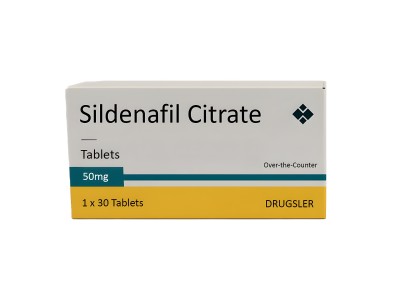Sildenafil, commonly known as Viagra, is primarily used to treat erectile dysfunction by enhancing blood flow to the penis. It belongs to a class of medications called phosphodiesterase type 5 (PDE5) inhibitors. While sildenafil does cause vasodilation (widening of blood vessels), which can lower blood pressure, its effects on cardiovascular health are generally different from those of statins.
Statins are medications primarily used to lower cholesterol levels and reduce the risk of heart attacks and strokes by decreasing the production of cholesterol in the liver. They work through a different mechanism than sildenafil and are not vasodilators like PDE5 inhibitors.
The cardiovascular risks associated with sildenafil use are primarily related to its effects on blood pressure. Sildenafil can cause a temporary decrease in blood pressure, especially when taken with other medications that lower blood pressure or with alcohol. In individuals with pre-existing cardiovascular conditions, such as coronary artery disease or hypertension, this drop in blood pressure could potentially lead to complications like fainting or, in rare cases, myocardial infarction (heart attack) or stroke. Therefore, individuals with a history of cardiovascular disease should use sildenafil with caution and under the guidance of a healthcare provider.
Overall, while sildenafil does have cardiovascular considerations related to its vasodilatory effects, it is not used for the same purpose or with the same mechanism as statins. The risk profile and potential adverse effects of sildenafil are primarily related to its effects on blood pressure regulation rather than cholesterol management. As always, it is crucial for individuals considering or using sildenafil to discuss their medical history and any concerns with a healthcare provider to ensure safe use and monitoring.

